Take every positive quote about beer you’ve ever read, and multiply them by a 100. That seems to accurately gauge just how important a cold brew has been to the human condition, and I don’t just mean getting blitzed and having a good story to tell the next day. Beer has had an invisible hand in some unbelievable accomplishments, inventions and achievements!
Here are some important advances that have been made thanks to beer!
1. The discovery of oxygen, carbon dioxide and 6 other gases
Renowned 18th century chemist Joseph Priestley lived next to a brewery, and noticed that gas floating off the fermenting mixtures fell to the ground, indicating that it was heavier than the air around it. He also noticed that it extinguished fire, leading to the discovery of carbon dioxide, and consequently, oxygen and a whole host of other gases.
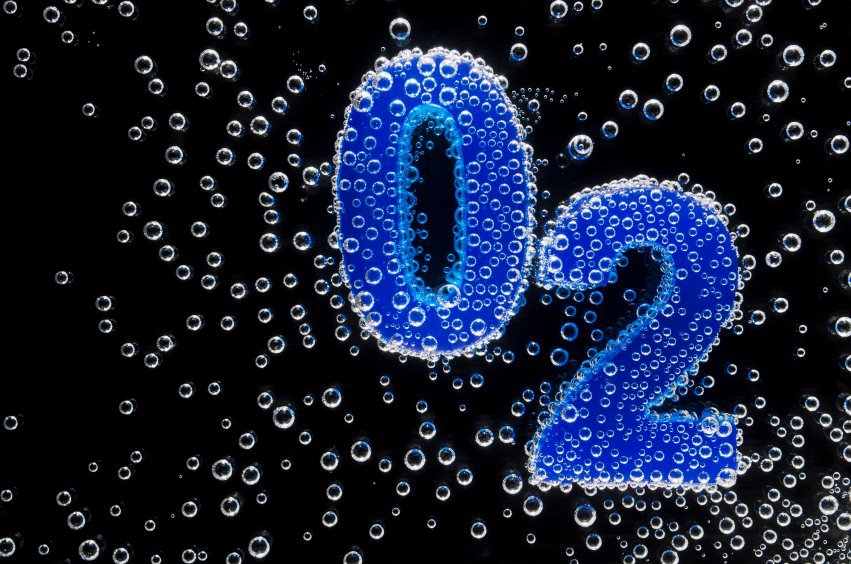
2. The writing of the Communist Manifesto
Ten days of drunken beer banter between Karl Marx and Friedrich Engels resulted in the birth of one of the world’s most influential political manuscripts, the Communist Manifesto. Marx was a notorious drinker, and the two of them came up with the manifesto while travelling through Paris.
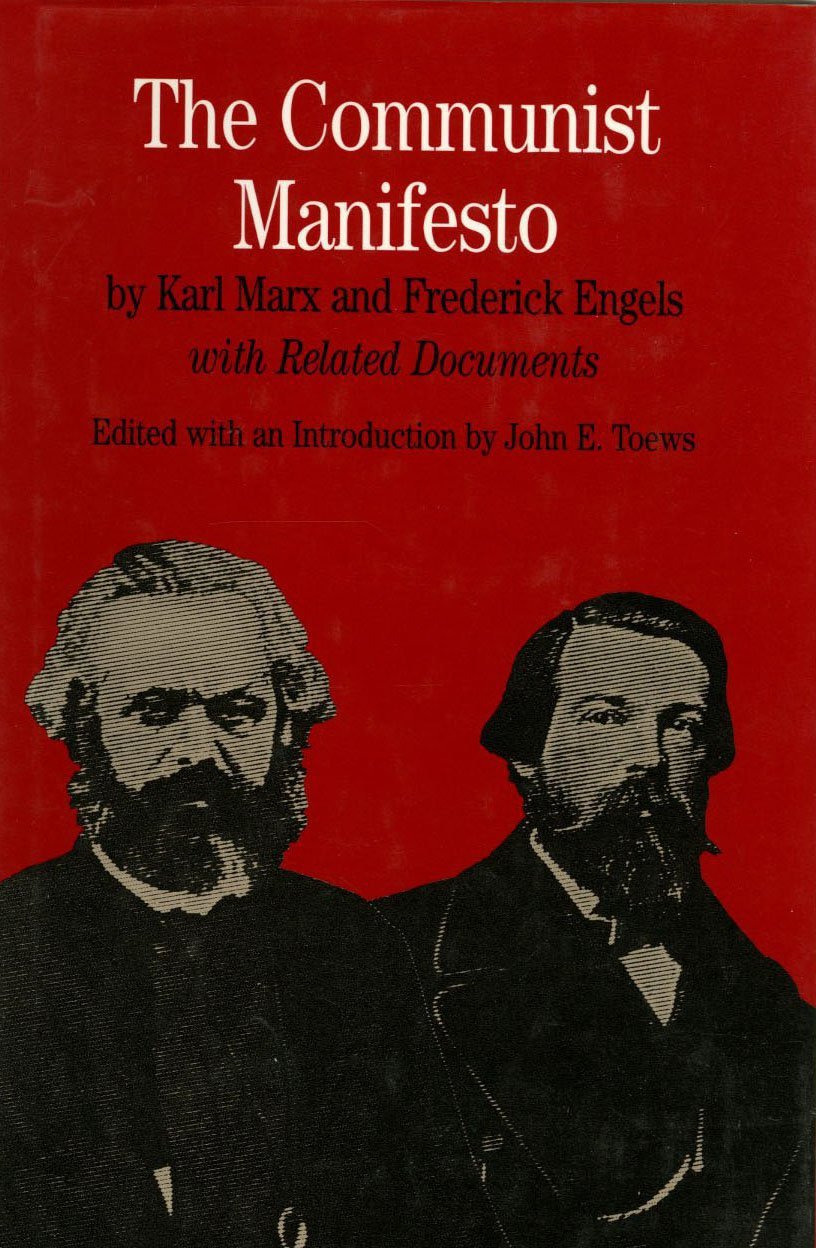
3. The invention of refrigeration
German engineer Carl Von Linde invented a precise mechanical refrigeration unit while he was working at the Spaten Brewery in Munich. Before this, blocks of ice were harvested and stored in cellars to keep the beer cool, lest the beer get ruined. He changed the way we cool food and drinks, thanks to beer!
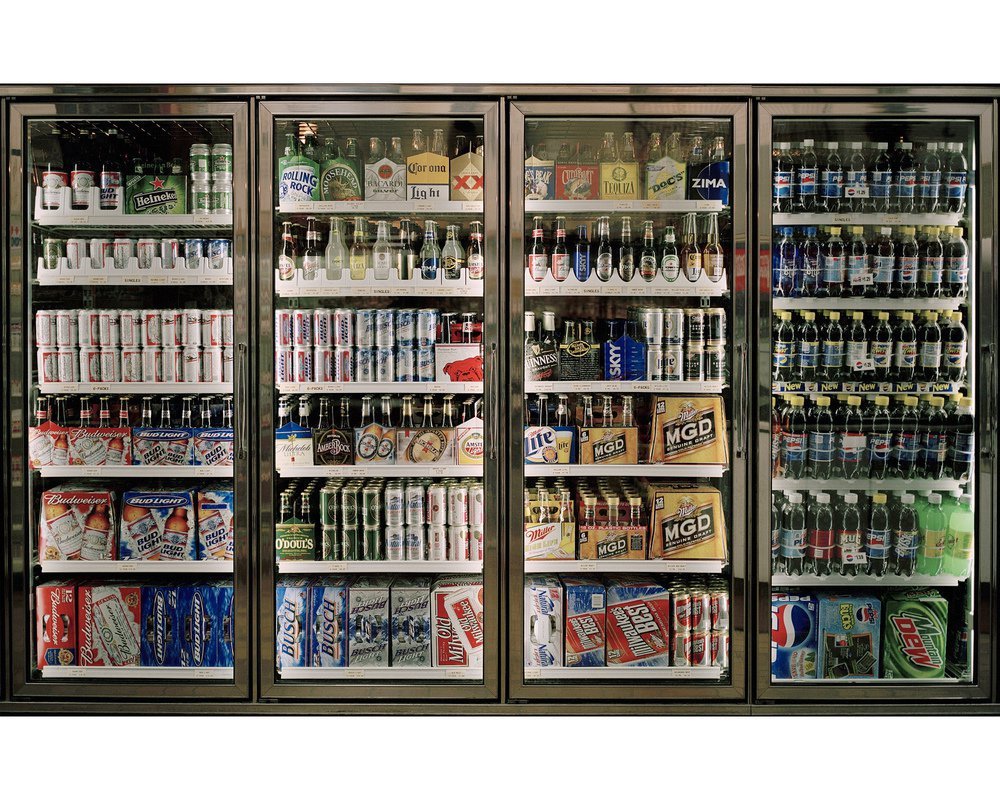
Check Out – Inventions that make life easier
4. The invention of long neck glass bottles
The bottles that are used for things like ketchup, water, medicine and of course, alcohol, all came about thanks to a man named Michael Joseph Owens, who started a hugely successful company with the sole aim of making long-neck beer bottles. He later branched out to making bottles for other alcohols as well.
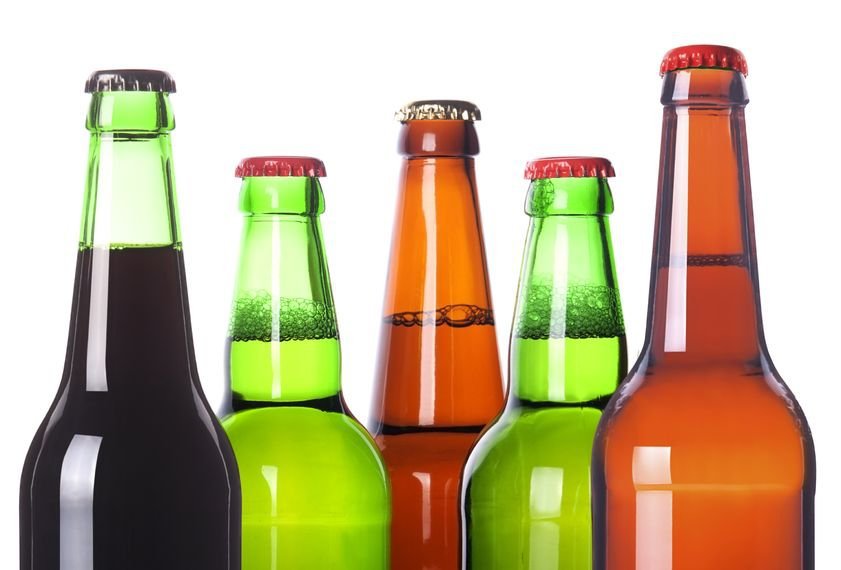
5. Used as currency in Ancient Egypt
Beer was such an important part of the Egyptian diet that not only was it consumed every day, it literally started being used as currency. Beer was a as much a social symbol as other kinds of wealth.
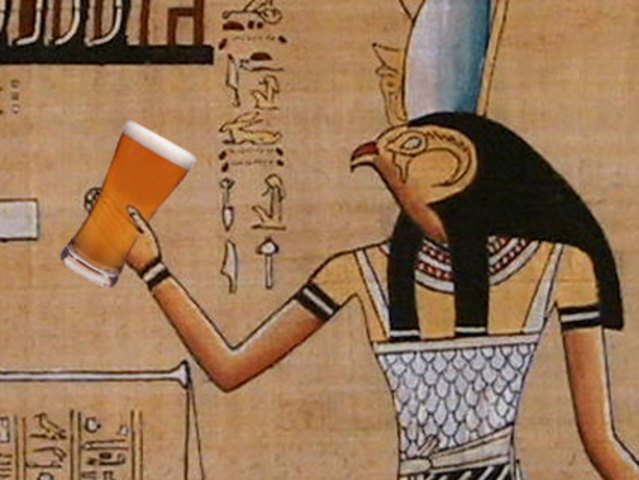
6. The discovery of Pasteurisation and the Germ Theory
Pasteurisation today denotes the heating and cooling of milk to kill germs, but the process was actually discovered when breweries were trying to prevent their beer from spoiling. They hired Louis Pasteur, who demonstrated that this method could kill the bacteria. This also led to the germ theory, which states that outside pathogens cause disease. The theory led to several medical advances.
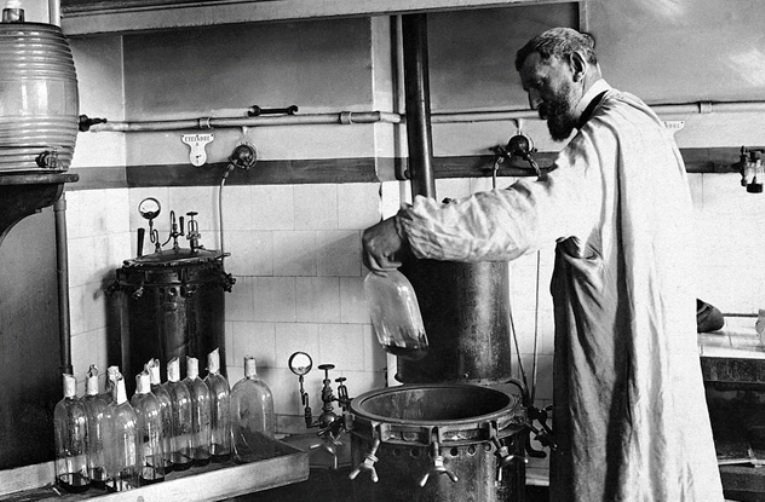
7. The development of the T-Test
The t-test assesses whether the means of two groups are statistically different from each other. It’s used to test the difference between two samples when the standard deviation is unknown. Brewer William Seally Gosset came up with this test as a solution for the problem Guinness breweries were facing of repeating tests on new barley varieties with small sample sizes.
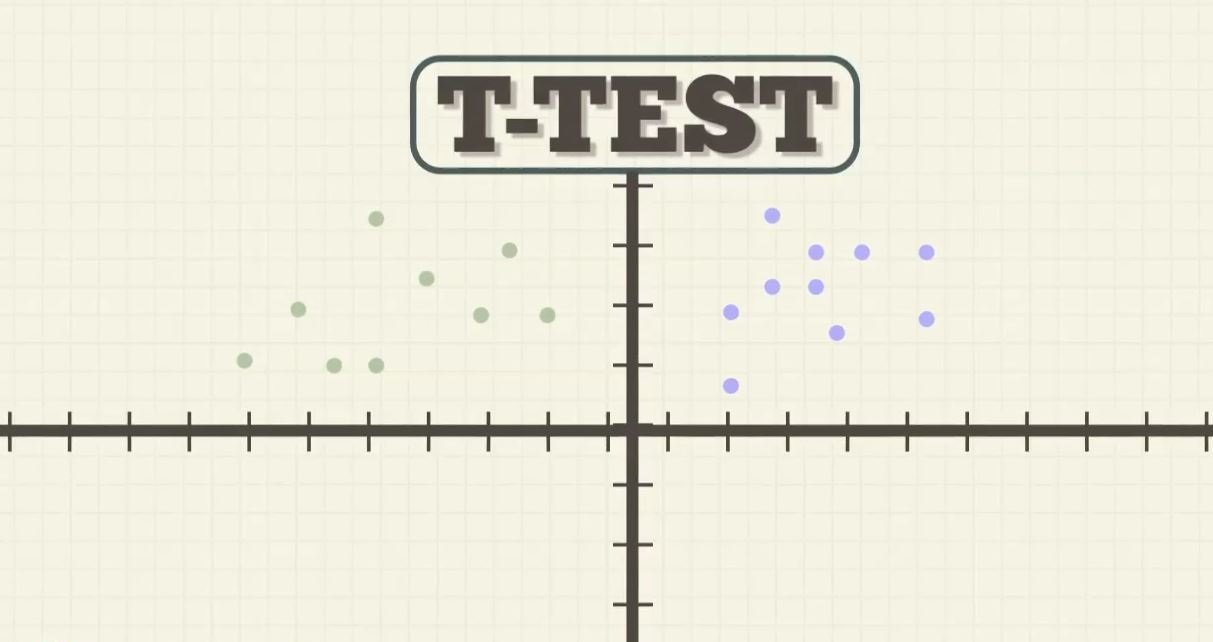
8. Development of the pH scale
pH is a numeric scale that’s used to specify the acidity or alkalinity of a liquid. Now a mainstay of chemistry and used for a wide range of reasons, it was initially started by Carlsberg brewers as a means to monitor the fermentation of their beer, as well as replicate a similar kind of beer.
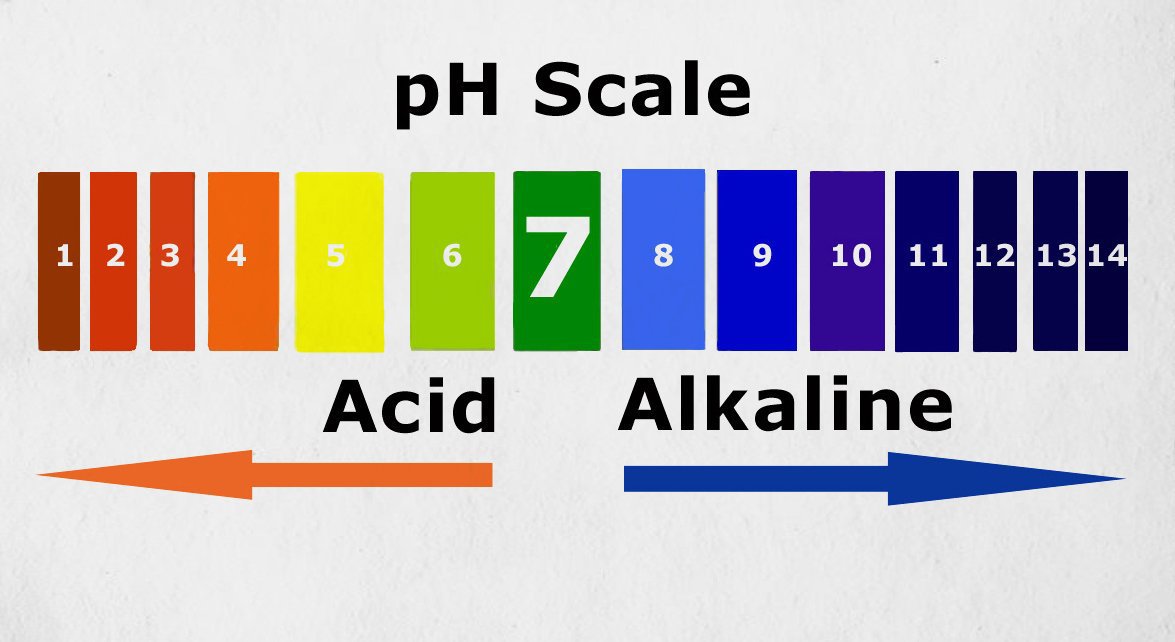
9. The creation of the thermometer
The thermometer was invented by English physicist James Joule. What’s interesting to note is that he was also a brewer, and as such had to work in extremely precise and exact conditions. To this end, the prevalent air thermometers would not suffice, and he came up with the mercury thermometer to measure and define mechanical heat. A historic creation.
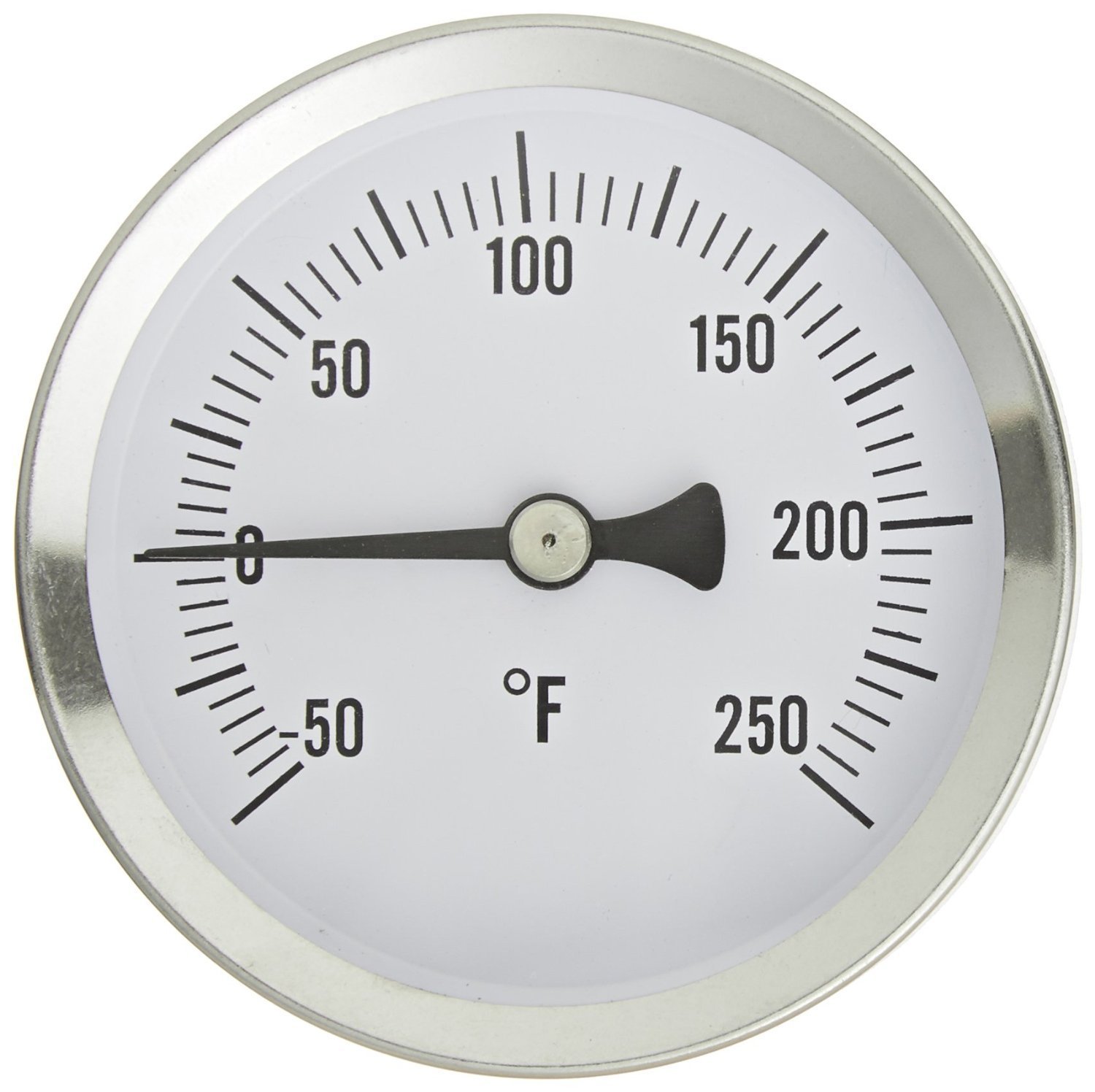
10. It gave rise to the Agricultural Revolution
A lot of anthropologists believe that people started actively farming barley around 9000BC thanks to a distinct liking for beer. As the demand for barley to make beer went up, farming replaced hunter-gathering as the main means of survival, and this indirectly even led to the birth of civilisation!
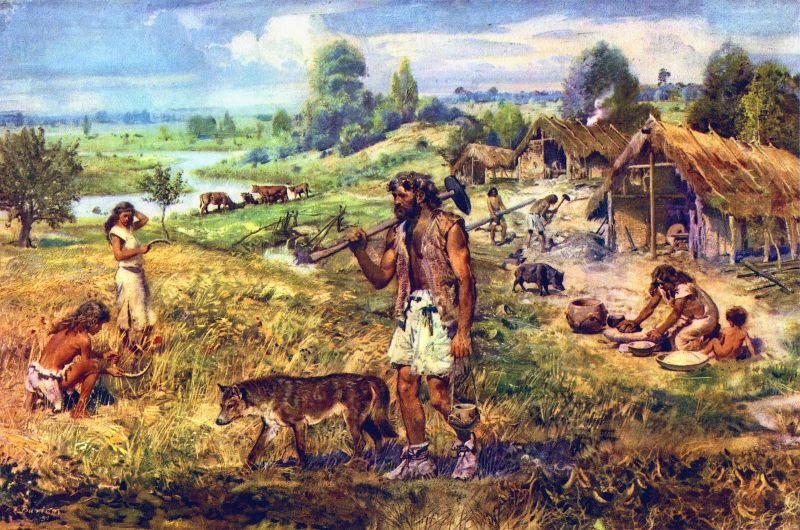
11. It made the Age of Discovery possible
In the 1400s, Europeans attempting to sail to Asia to trade, colonise and explore faced problems carrying sustainable provisions on the long voyages. Water below the deck would spoil, so they tanked up with ridiculous amounts of beer, which the sailors would drink throughout.
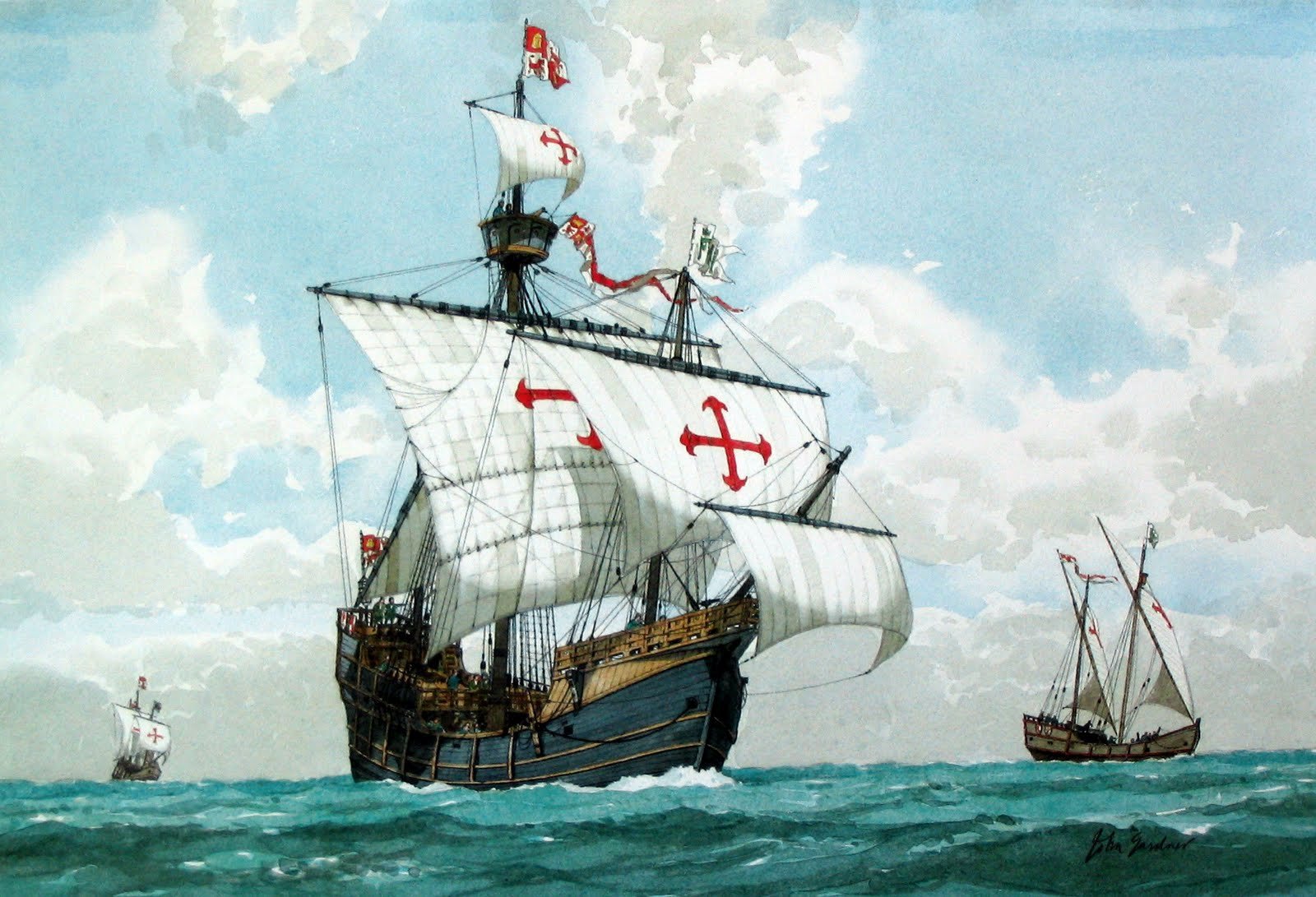
Next time you’re knocking back a cold brew, think about all it’s done for you!

















